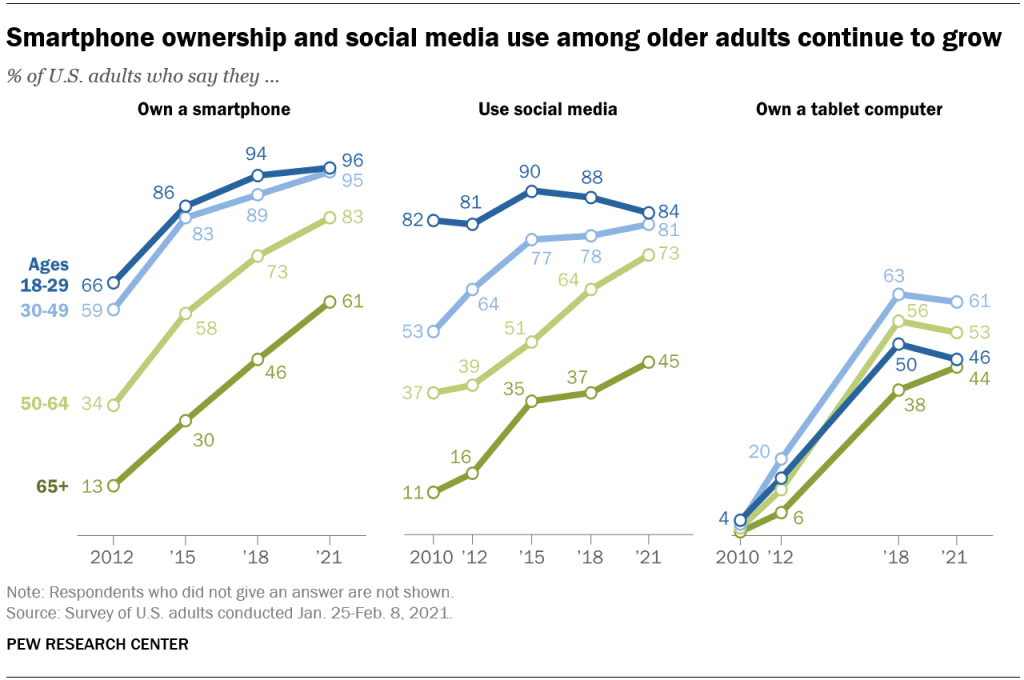By Noah Lindsay, Kaohsiung American School, Grade 12
I put off writing this article for almost three weeks. Not because I didn’t know what to say, but because every time I sat down to write, I’d end up Instagram scrolling until it was time to sleep.
It sounds like a personal flaw (fair assumption), but it’s actually something almost everyone my age deals with. So, before I get into the personal side of things, here are a few numbers to set the stage.


Golden Steps reports that attention spans are shrinking, especially among young people. I’m not sure why they keep comparing us to goldfish—maybe because repeating the same stat over and over is the only way to get our attention—but if their data is accurate, things aren’t heading in a great direction.
And yes, it is funny that I procrastinated before writing an article about attention spans. But it’s also worrying. My phone gives me a perfectly tailored reality, a little portal that shows me exactly what I want whenever I want it. People like to frame this as a “Gen Z problem,” but adults aren’t saints either.

via Pew Research Center
These days, a vast majority of adults own smartphones, and 45% of people over 65 use social media. My grandparents spend more time on Facebook than my friends spend on TikTok. These platforms aren’t targeting just one generation—they’re pulling everyone in.
The internet is basically the world’s best and worst content squeezed into one bottomless feed. Watching a full movie without checking your phone is now a heroic achievement. TV used to be the big threat; now it’s background noise while we scroll.
Then there’s the constant comparison loop:
You see someone your age doing something impressive → you feel inadequate → you do nothing → you feel even worse.
Online, everything is “possible,” but nothing feels achievable. Get rich at 15, but also remember Nietzsche says life is meaningless. Work out daily, but understand you’ll never look like the 18-year-old influencer who definitely skipped leg day but didn’t skip steroids. It’s absurd.
Conversations today often feel like recycled podcast quotes. Personal experience gets overshadowed by whatever clip—paired with a slowed Hans Zimmer track and badly auto-generated captions—went viral three hours ago before disappearing into the void.
Self-control only gets you so far. Quitting a drug works because society expects sobriety. But with phones, everyone is “using,” so no one has an incentive to stop. And with AI becoming even more integrated, younger kids won’t need to learn how to filter information or think deeply the way past generations did.
So, are we doomed?
Maybe not—if we’re willing to regulate this stuff.
Here’s the idea:
Since companies will always optimize for maximum screen time, governments need to step in. Not to control everything, but to set boundaries—especially for kids.
∙ Devices for children should function more like game consoles: limited apps, restricted access, stronger age verification.
∙ Bring back a more modern equivalent of a “LeapFrog” or “Speak & Spell” instead of handing 10-year-olds smartphones.


∙ Enforce real screen-time limits on youth accounts.
∙ For adults, introduce optional system-wide time caps that aren’t so easy to bypass.
Messaging and essential communication should stay open. But the endless-scroll platforms— the ones designed to melt your brain—shouldn’t be the default mode of existence.
If nothing changes, we really might be cooked.


